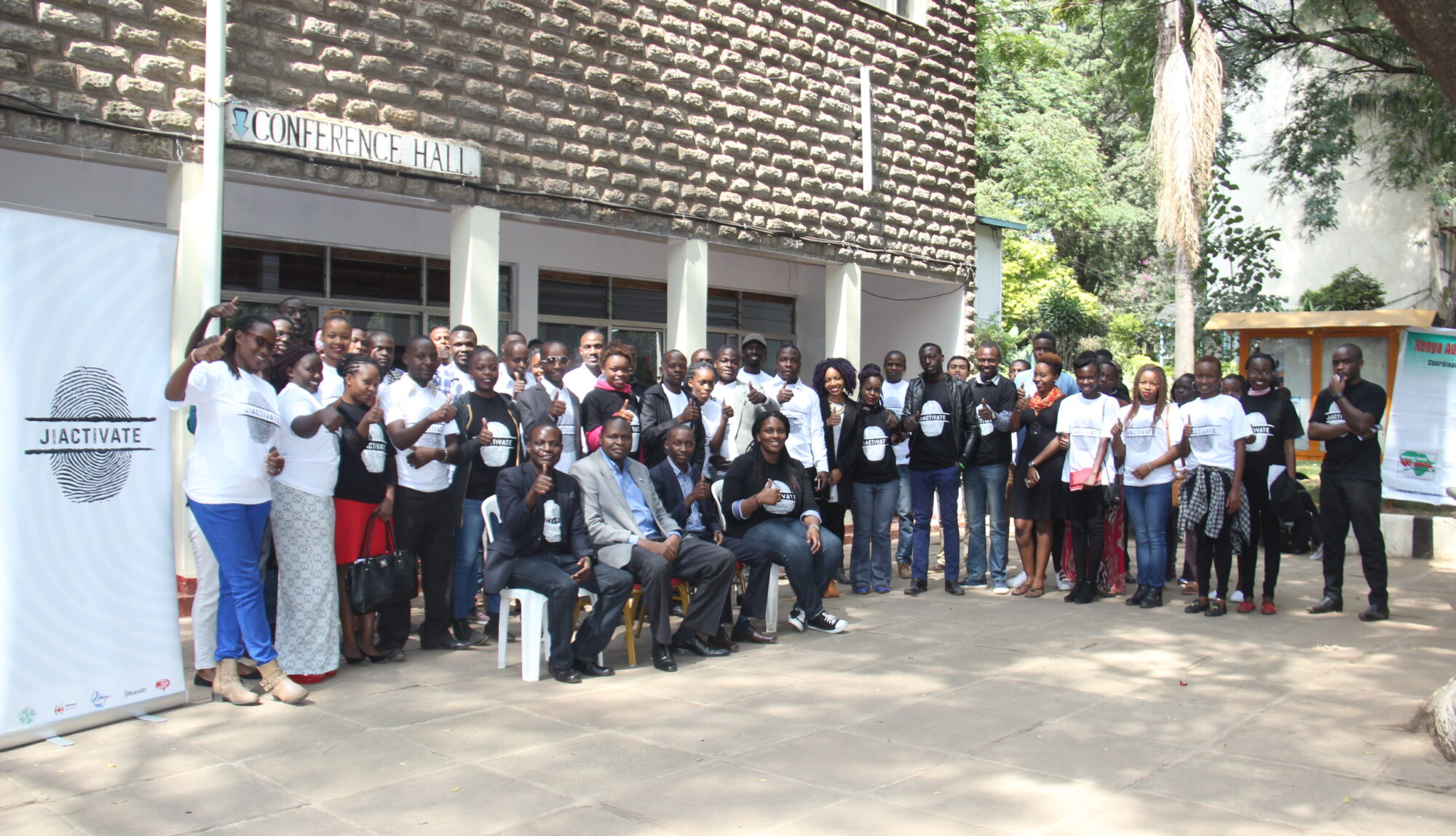Wildlife Matters

Can you imagine your mother hiding you, and you watch her defend you with her life against a sudden enemy? Can you imagine slowly losing your home a day at a time, and you’re left with no food, no shelter, not even a drop of water, just a slow, painful death? Can you imagine being hunted down for sport, or having your parts harvested while you’re left alive in pain? Can you imagine being the last of your kind? It’s hard to imagine, isn’t it?
Well, this is not only the life of the wildlife in Kenya but also all over the world. Animals live in constant fear of pain and destruction by our hands. Poaching, human encroachment into their habitats, deforestation, clearing vegetation for agricultural purposes, and environmental pollution are just a few negative human activities at the top of my head that endanger plants and animals. Our disregard for other forms of life has drastic effects on all life as we know it. We are a part of nature; we need biodiversity to survive.
- Kenya’s wildlife has declined by about 68% under 40 years.
- Approximately 30,000 species per year are driven to extinction. That’s about three per hour!
- Destruction of wildlife habitat in the world is at a rate of approximately 5,760 acres per day or 240 acres per hour.
- The lion population in Africa has decreased by approximately 42% in only 21 years.
- Plants are going extinct at a rate of about 18 to 26 extinctions per million species per year. That’s around 500 times faster than they should!
How Can We Help as Youth?
- First, Join in on ongoing campaigns about wildlife conservation.
- Draw, paint, make music or use any other talents and gifts you have to create awareness about the dangers wildlife face.
- Spread the message to your families and friends in casual conversation, and around your community.
- Mobilize your friends and come up with your own wildlife conservation project.
- Volunteer at non-organizations and your local animal orphanages.
- Help in raising funds towards the cause.
- Finally, this might be hard, but try to grow any rare plants you can come across.
Consequently, one action can add up to a huge contribution in the long run. You can do so much more than you think. Remember, when we take care of nature, nature takes care of us.